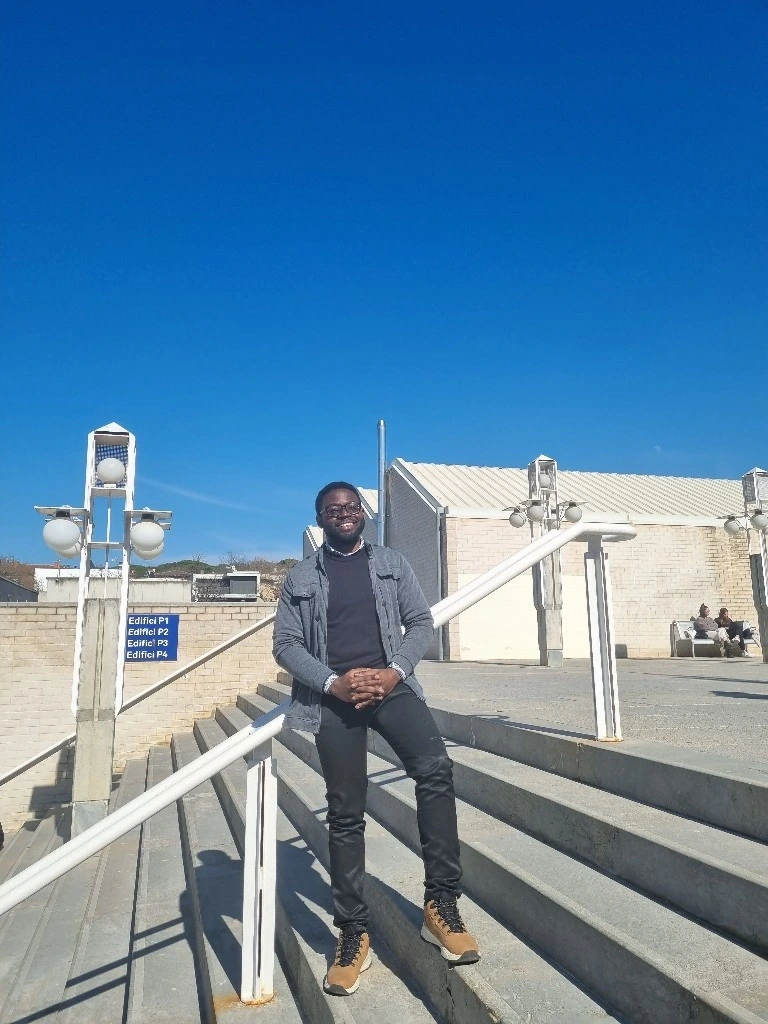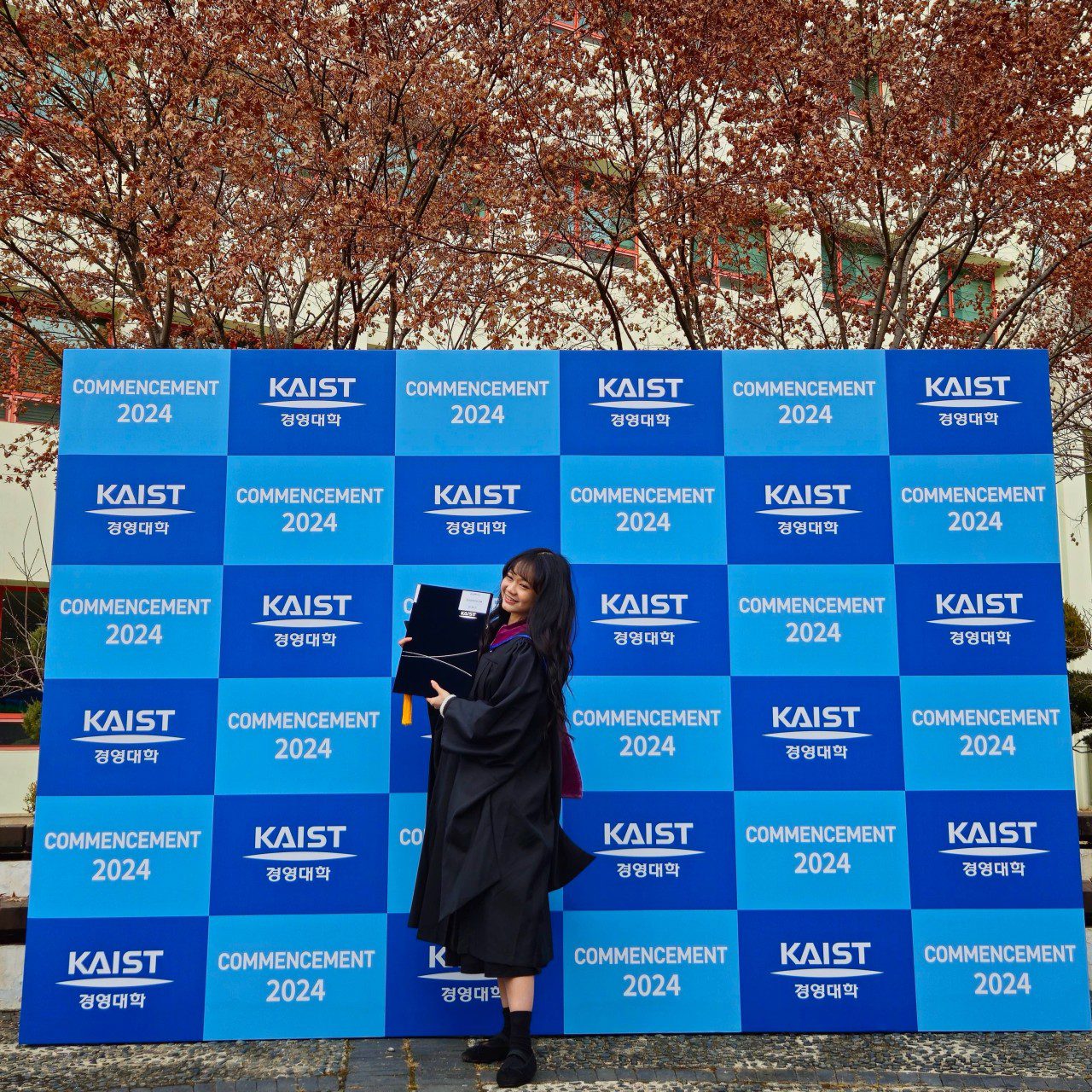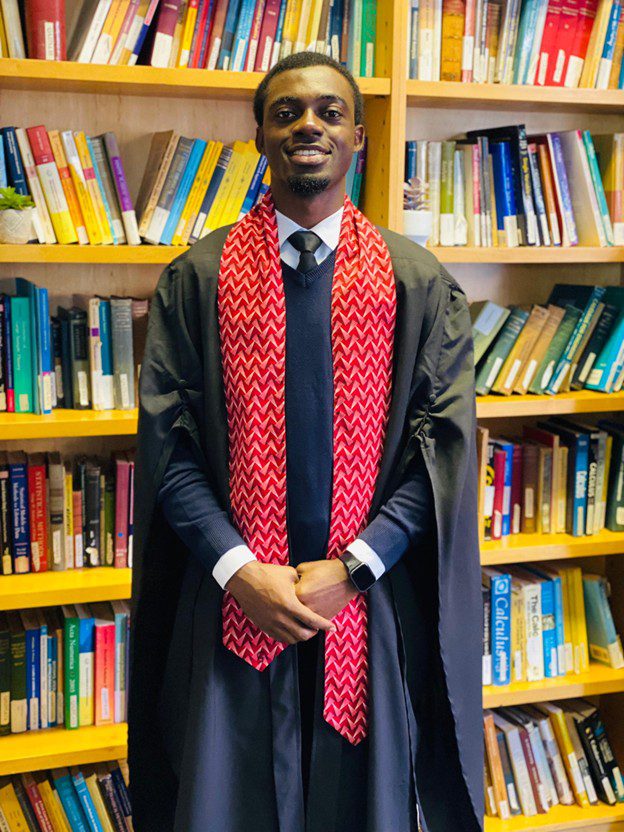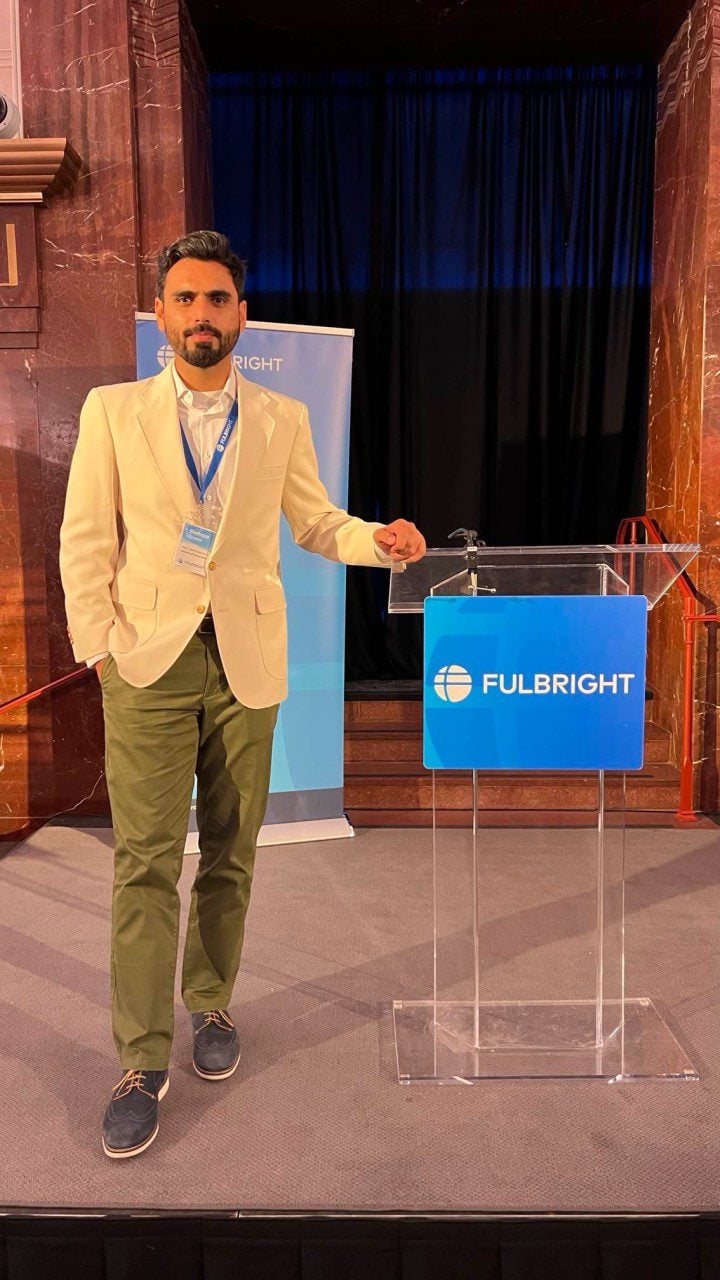How Moses Ebere, a Nigerian Scholar, Won the Erasmus Mundus Scholarship and Pursued a Master's in Intelligent Field Robotic Systems
University: Universitat de Girona (UdG), Spain (Master’s semesters 1, 2, and thesis), University of Zagreb (UniZg), Croatia (Master’s semester 3), Eötvös Loránd University (ELTE), Hungary (Part of Master’s consortium)
Degree: Master’s in Intelligent Field Robotic Systems (IFRoS)
Scholarship: Erasmus Mundus Scholarship
Previous Education: Bachelor’s in Mechanical Engineering from Cukurova University, Turkey (graduated top of the class) || Brief graduate study at Sabanci University, Turkey (courses in autonomous mobile robotics, computer vision, and system identification)

The Journey
My name is Moses Ebere, and I am a Nigerian currently pursuing a Ph.D. in Cognitive Robotics at TU Delft, Netherlands. My Ph.D. is fully funded (this is common in the Netherlands as PhD are seen as employees on project contracts). I graduated with a joint Erasmus Mundus Master's degree in Intelligent Field Robotic Systems (IFRoS), a program offered by a consortium of three universities: Universitat de Girona (UdG) in Spain, the University of Zagreb (UniZg) in Croatia, and Eötvös Loránd University (ELFE) in Hungary. During the program, I completed my first and second semesters at UdG, my third semester at UniZg, and my final (thesis) semester at the Girona Underwater Vision and Robotics (CIRS) at UdG. This unique multi-country academic experience significantly shaped my expertise and perspective in the field of robotics.
Educational Background
Before joining the Erasmus Mundus IFRoS program, I graduated top of my class with a Bachelor's degree in Mechanical Engineering from Cukurova University in Turkey. My Bachelor's was funded by the Turkish Government Scholarship, which was fully funded. I later had a brief stint as a graduate student at Sabanci University in Turkey, where I gained exposure to courses like autonomous mobile robotics, computer vision, and system identification. This was funded through a fully funded merit scholarship. These courses introduced me to hands-on projects that laid the foundation for my transition to core robotics in the IFRoS program.
Living and studying independently as a foreign national in Turkey during my bachelor's played a pivotal role in preparing me for the multi-country experience of the Erasmus Mundus program. I adapted to a new culture, navigated a foreign education system, and developed a strong sense of independence and resilience. Additionally, my academic and project experiences equipped me with problem-solving skills and the ability to thrive in diverse and dynamic environments. These qualities were essential as I transitioned between the unique academic systems and cultural contexts (of Spain, Croatia, Hungary, etc.) during the IFRoS program.
How Did you Prepare to Apply for the Erasmus Mundus Scholarship?
My preparation for the Erasmus Mundus program was deliberate and multifaceted, starting with a thorough understanding of the program’s goals and requirements. Before applying, I reviewed the IFRoS curriculum in detail, identifying specific coursework that aligned with my academic background and career aspirations. I strategically connected these elements in my Statement of Purpose (SoP), emphasizing projects and skills that demonstrated my passion and readiness for robotics research. This was achievable because I developed a personal portfolio showcasing my top robotics-related projects and courses.
In terms of general scholarship preparation, I had previously applied for fully-funded graduate positions and scholarships in the US, Sweden, and other parts of Europe. While I secured admissions, most offers came with only partial funding. These experiences, though initially disheartening, became valuable learning opportunities. For the Erasmus Mundus Scholarship, I built on those lessons, ensuring my application left no stone unturned. I sought feedback on my SoP, meticulously structured my CV to highlight relevant achievements, and clearly articulated how my long-term goals aligned with the program’s mission to create transformative impact.
In my opinion, what set my application apart was a combination of factors. First, my academic record demonstrated my capability to excel in rigorous programs. Second, my diverse project portfolio showcased hands-on experience and problem-solving abilities, which are crucial in robotics. Third, my SoP clearly articulated how my background, combined with the opportunities provided by IFRoS, would enable me to contribute meaningfully to the field of robotics while achieving my career goals.
Ultimately, I chose the Erasmus Mundus IFRoS program because it offered not only full funding but also a unique multi-country academic experience, exposure to cutting-edge research, and the chance to collaborate with a diverse cohort of students and faculty. The program’s focus on experiential learning across the four pillars of robotics—localization, planning, perception (computer vision), and manipulation—perfectly aligned with my aspirations, making it the ideal choice over other scholarships.
Could You Briefly Discuss the Erasmus Mundus Program You Pursued and the Specific Field of Study It Focused On?
I pursued the Erasmus Mundus Joint Master's Degree in Intelligent Field Robotic Systems (IFRoS), which covers key areas in robotics (SLAM, manipulation, planning, exploration, etc.), artificial intelligence, and computer vision. The first two semesters at UdG focus on foundational knowledge and practical skills in land and marine robots. In the third semester, students specialize in either multiple robots and aerial vehicles at UniZg or autonomous systems at ELTE. I chose UniZg, where I focused on aerial robotics and multi-robot systems. The final semester is dedicated to the master’s thesis, conducted at one of the three consortium universities or with an associated academic or industrial partner. I completed my master's thesis at the Girona Underwater Vision and Robotics (CIRS) lab at UdG, developing an optimization-based whole-body kinematic control algorithm for the advanced Dual-arm Girona1000 intervention autonomous underwater vehicle (I-AUV).
How Did the Cost of Living Vary Across the Countries You Studied In? Which Country Was the Most Affordable or Expensive, and How Did You Manage Financially?
I studied in Girona, Spain, and Zagreb, Croatia. The cost of living in both cities was relatively affordable compared to most Northern and Western European cities, with Girona being notably cheaper than Zagreb. The monthly Erasmus Mundus stipend was sufficient to comfortably cover living expenses in both locations. For example, in Girona, a monthly budget of €500–600 was enough. With careful planning, I was also able to fund trips and holidays while saving some money. This experience was not unique to me, as my colleagues also found the stipend adequate for their needs.
Did You Face Any Language Barriers, and if So, How Did You Overcome Them? Did the Language of Instruction Change From One Country to Another?
Academically, there were no language barriers as all courses were conducted in English.
Outside the classroom, however, understanding the basics of the local language (like Catalan in Girona or Croatian in Zagreb) was helpful for day-to-day interactions. I found it easier to communicate in Zagreb, as most locals spoke English fluently. In Girona, this was less common, but using a translation app significantly eased the communication challenges.
Would You Recommend the Erasmus Mundus Program to Others? What Advice Would You Give to Someone Considering This Scholarship?
I wholeheartedly recommend the Erasmus Mundus program to anyone eager to expand their academic knowledge while experiencing the richness of studying in multiple countries.
For those considering the scholarship, my advice is guided by Tom Ellsworth’s quote: “Words talk, numbers scream.” A strong application isn’t just about describing your passion; it’s about demonstrating your competence with quantifiable metrics and evidence. Here are three key principles, inspired by Who Says Elephants Can’t Dance? by Louis V. Gerstner, Jr., to focus on:
- Focus: Clearly align your Statement of Purpose (SoP) and CV with the program’s objectives. Highlight specific achievements—projects completed, results delivered, or recognition earned. Avoid generic descriptions; instead, back up your claims with metrics, outcomes, and links to your portfolio where possible. For example, include hyperlinks to your portfolio showcasing code, videos, or articles documenting your work.
- Execution: Treat the application process as a project in itself. Pay attention to detail, seek feedback, and refine every document to ensure it communicates your readiness and unique value. Provide evidence that you can meet the program’s challenges and contribute meaningfully to its academic and professional ecosystem.
- Personal Leadership: Take ownership of your journey. Demonstrate initiative and resilience in your experiences, and authentically present how this program fits into your long-term vision. Be strategic in highlighting your unique strengths and potential.
Finally, resilience is essential. Applying for such a competitive scholarship can be daunting, and setbacks are possible. Treat each step as a learning experience, refine your approach, and persist with confidence.
Looking Back, Would You Have Done Anything Differently During Your Time in the Program?
Looking back, I wouldn’t change anything, as the program’s intensity and breadth provided me with exceptional growth opportunities and taught me invaluable lessons.
Want to submit your
scholarship journey?
Submit Your Story Here!
More Scholarship Recipients

My name is Vania Estrellita Soegiarto, and I am from Indonesia. I pursued a Finance MBA at KAIST Business School in South Ko .... Read more

Hello, I’m Toyeeb Olamilekan Abubakar from Nigeria. I earned a Bachelor of Science degree in Statistics from the Universit .... Read more

My name is Shehryar Jafar, and I’m from Karachi, Pakistan. I’m currently a PhD student in Electrical Engineering at the .... Read more

Leave A Comment